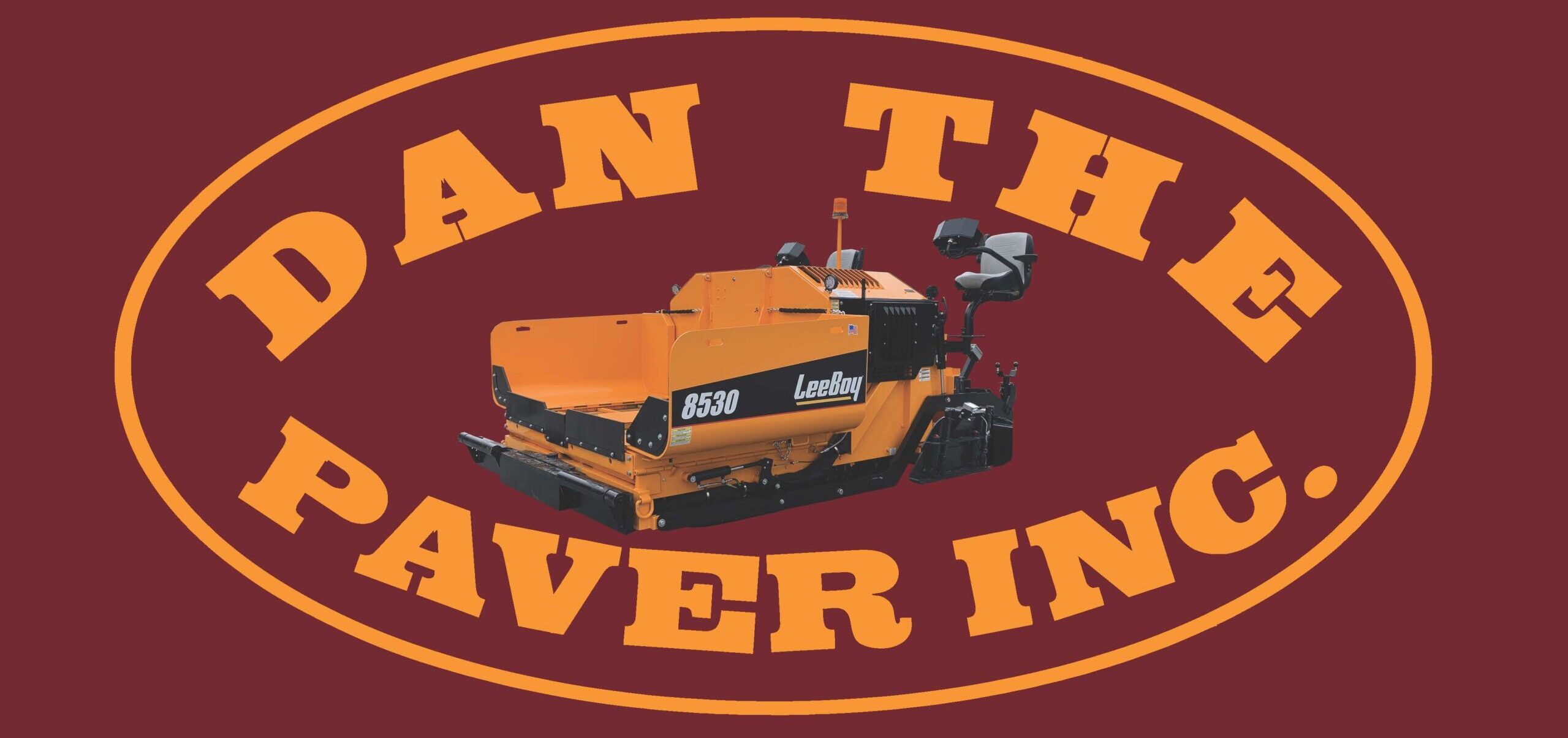How is your driveway looking? Are there cracks forming? Perhaps, you have noticed some warping or buckling? These are signs that your driveway needs repaving, not only for aesthetic purposes but for safety and security as well. Indeed, your driveways are built to last for a long time, but that doesn’t mean they can withstand traffic and elements forever. In this post, we’ll dive deeper into signs that it’s time for driveway repaving.
-
Cracks
Cracks could show up over time on asphalt and concrete driveways due to pressure and elements. It’s possible to repair smaller, shallow cracks, but big ones that are long, wide, or deep indicate a foundation problem. Therefore, filling in the gaps just won’t cut it because it won’t address the issue underneath. The solution? Replace the whole surface.
-
Potholes
Cracks may seem minor compared to sunken areas or potholes because they can cause issues to your vehicle. Potholes form when the ground underneath the driveway contracts and expands repeatedly. In turn, it weakens the surfaces. In some cases, the damage will appear like a sunken spot.
-
Stains
Automotive fluids and industrial solvents are chemicals that can stain your driveway. These stains are unpleasant to look at; at the same time, they can eat away at the binding agents in asphalt. Moreover, the spills can sink into the pavement and expand outward. Therefore, when you notice stains on your driveway, speak to a contractor to explore solutions to address the issue.
-
Faded Color
Sunlight and frequent use can affect your driveway’s color. You will find that older pavement will be more susceptible to cracks as its brittleness increases. To prevent this, there needs to be regular and strategic repairs, along with regular seal coating, to protect the faded pavement from major damages.
-
Warping
Checking your pavement’s surface from time to time is always an excellent idea; one of the things to check is the level and evenness of asphalt. From here, you can see wavy sections, which means that it’s warping. Warping occurs because the base has been compromised or there’s been heavy vehicle use. Most of the time, warping can be solved easily by leveling it up with asphalt, but there are cases when the base and asphalt need to be replaced.
-
Drainage Issues
Issues with your drainage can cause potential problems to your driveway. Although standing water every once in a while won’t do much damage, it becomes a problem when it happens frequently. Frequent standing water on your driveway can cause damage to the surface; over time, the driveway’s surface will deteriorate.
Additionally, when there’s improper drainage from uneven or sloped driveways, it will cause water to pool in potholes, cracks, and sunken areas. By then, it won’t be long enough before the water erodes the surface and makes the foundation weaker.
-
Old Age
Driveways made of asphalt can last for 20 years, while concrete ones can last for 25 years. If your driveway is almost at its 20-year mark, you should look into driveway paving. It is during this age when driveway surfaces are already showing signs of structural weakness.
Conclusion
Do you notice any of these signs on your driveway? Minor issues, such as cracks, can turn into severe problems if not addressed immediately. Stains, potholes, and warping may also indicate pavement issues. Call a reliable contractor to help you address any driveway issues.
For excellent New Jersey paving, Dan the Paver is the company to trust. We have been in the industry for over 20 years and specialize in driveway paving, asphalt paving, and many more. Contact us today!
